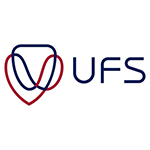Introduction to the University of the Free State:
Introduction: The University of the Free State is a historic and prestigious institution of higher learning located in Bloemfontein, the judicial capital of central South Africa. The city is the heart of South Africa and an important transportation hub, also known as the "Rose City" and the "City of Education".
History and founding time: The school was formerly Grey College, founded by the then President of South Africa in 1855. In 1904, Grey College began to accept students for a full Bachelor of Arts program, marking the beginning of the higher education stage of the University of the Free State, with only six students studying humanities at the time. In 1906, the higher education part of Grey College became Grey University College. In 1910, the Orange River Colony Parliament passed legislation declaring Grey University College an official educational institution in the fields of arts and sciences. In 1950, the school became an independent Afrikaans-speaking university and was renamed the University of the Orange Free State. In 2001, the school was renamed the University of the Free State again to reflect the true characteristics of the school and its environment.
Nature of institution: Public university.
Educational philosophy: Committed to "inspiring excellence and changing lives", through humanities and academic programs, while achieving academic excellence, we focus on promoting human reconciliation and compassion, and cultivating talents with social responsibility and global vision.
School strength:
Faculty: It has a professional faculty team with 1,250 faculty members, of which 6% are international teachers, providing students with high-quality teaching and guidance.
Scientific research results: It has achieved remarkable scientific research results in many fields, such as the Biotechnology Center (MIRCEN) of the Department of Microbiology and Biochemistry, which is unique in the world and is in a leading position in the field of biotechnology.
Key disciplines: The undergraduate medical course is considered to be a standard course in similar disciplines in South Africa; the School of Law was rated as the best law school by the South African Legal Integrity Foundation in 1999; the School of Natural and Agricultural Sciences is one of the best institutions in South Africa in agricultural science; business and engineering courses are also at the forefront of the world.
Key Laboratory: The Biotechnology Center of the Department of Microbiology and Biochemistry is an important scientific research platform. It conducts cutting-edge research in the fields of microbiology, biochemistry and biotechnology, and provides strong support for the development of related disciplines.
Faculty: It consists of seven colleges, namely the School of Economics and Management, the School of Education, the School of Health Sciences, the School of Agriculture and Natural Sciences, the School of Law, the School of Humanities and the School of Theology.
Ranking: It ranks 1001-1200 in the 2025 QS World University Rankings, and performs well in the ranking of domestic universities in South Africa, for example, it ranks 12th in the national university rankings of the Global University Network (4icu).
Cost: The tuition fees for foreign students are relatively low, the same as those for local students. The annual tuition fees for undergraduates are about RMB 12,000-18,000, and the annual tuition fees for postgraduates are about RMB 10,000-15,000.
Campus Environment: The main campus is located in Bloemfontein, with a beautiful campus environment and modern teaching facilities, libraries, laboratories, etc. The school has three campuses. In addition to the main campus, the South Campus in Bloemfontein provides opportunities for potential students who do not meet the college entrance examination requirements to receive higher education. The Kwakwa Campus in the eastern Free State provides educational services for rural students in the local area and surrounding provinces. The school has complete sports facilities that can meet the development of more than 20 sports. It also has medical facilities and a rich cultural venue, providing a good environment for students to develop in an all-round way.
-
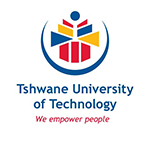
Tshwane University of Technology
-
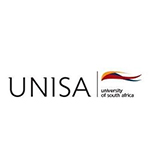
University of South Africa
-

Vaal University of Technology
-

North-West University
-
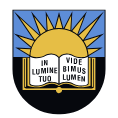
University of Fort Hare
-
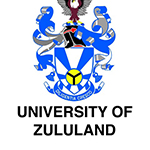
University of Zululand
-
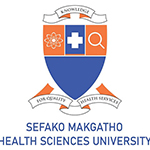
Sefako Makgatho Health Sciences University
-
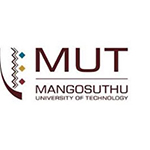
Mangosuthu University of Technology
-
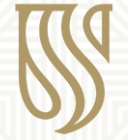
Stellenbosch University
-
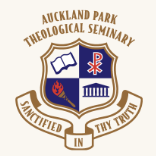
Auckland Park Theological Seminary
-

Mesoamerican University
-

Istmo University
-

Mariano Galvez University of Guatemala
-

Regional University of Guatemala
-

Galileo University
-

Francisco Marroquín University
-

Rafael Landívar University
-

University of the Valley of Guatemala
-

University of San Carlos of Guatemala
-

Technological Institute of Tlaxcala Plateau
-

Golfo University
-

Technological University of South Sonora
-

Technological University of Huejotzingo
-

Tizimín Institute of Technology
-

Chilpancingo Institute of Technology

